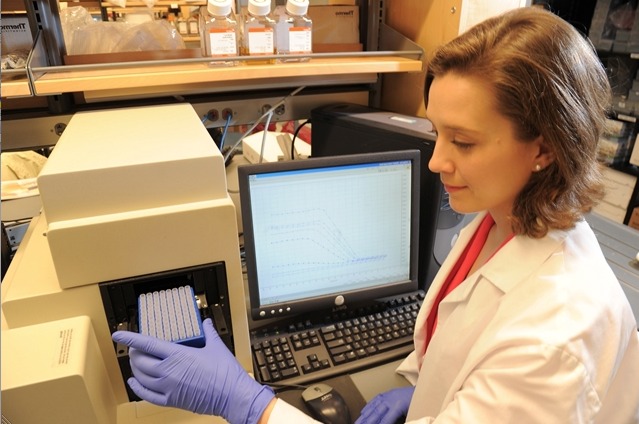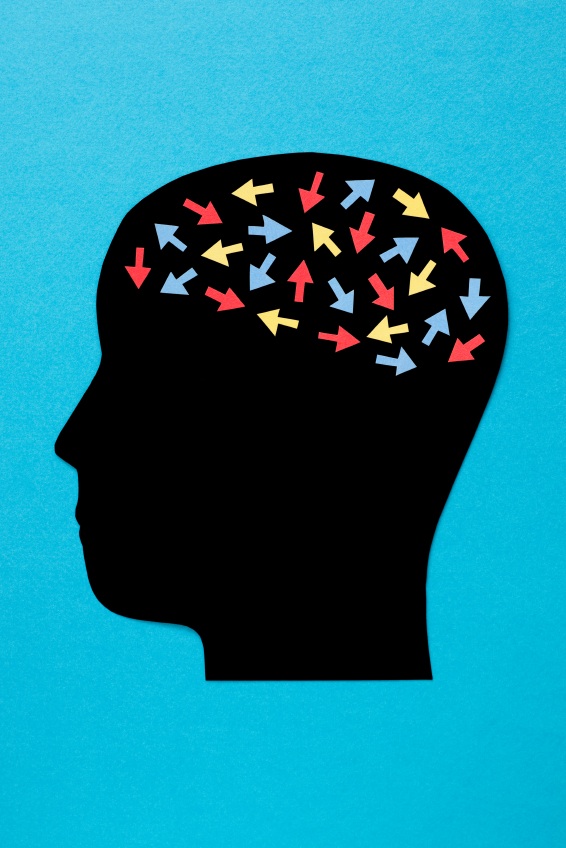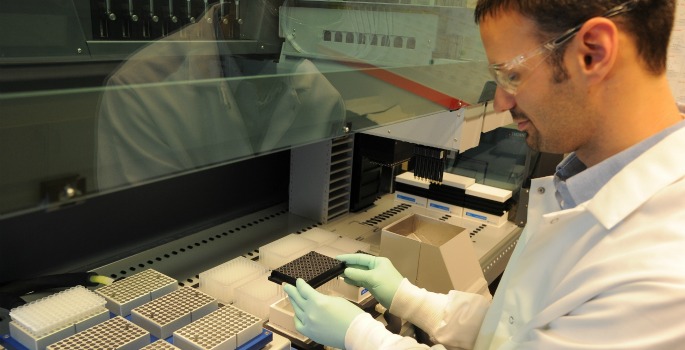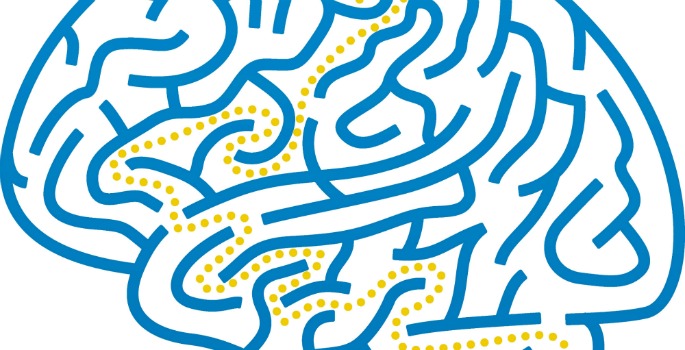Schizophrenia
-

New schizophrenia drug candidates entering prep for first-in-human testing
The progression of new drug candidates for schizophrenia with partner Janssen Pharmaceutica is the latest evidence that a new collaborative model for drug discovery pioneered at Vanderbilt may help identify and develop innovative candidate drugs for treatment of major brain disorders. Read MoreDec 15, 2011
-

Putting the body back into the mind of schizophrenia
A study using a procedure called the rubber hand illusion has found striking new evidence that people experiencing schizophrenia have a weakened sense of body ownership and has produced the first case of a spontaneous, out-of-body experience in the laboratory. Read MoreOct 31, 2011
-

Information flow reduced in psychosis
Bipolar depression and schizophrenia share patterns of changes in neurons that regulate information flow, new research shows. Read MoreOct 21, 2011
-

Researchers strive to refill drug discovery ‘pipeline’
Researchers at Vanderbilt University Medical Center have made substantial progress in developing potential new treatments for Parkinson’s disease, schizophrenia and fragile X syndrome, the most common genetic form of autism. Read MoreOct 3, 2011
-

New drug-like molecules could improve schizophrenia treatment
The discovery of new compounds that work in a fundamentally different way than those in existing schizophrenia medications may allow for more normal function of brain cells involved in schizophrenia. Read MoreSep 22, 2011
-

New insight into impulse control
How the brain is wired to control impulsive behavior differs significantly from what psychologists have thought, new research finds. Read MoreAug 30, 2011
-

Connecting the dots in schizophrenia
Abnormalities of the hippocampus, a seahorse-shaped brain region involved in learning and memory, may play a role in the psychotic symptoms and cognitive deficits of schizophrenia. Read MoreJul 29, 2011
-

Why people with schizophrenia may have trouble reading social cues
Impairments in a brain area involved in social perception may help explain why individuals with schizophrenia have trouble reading social cues. Read MoreMay 24, 2011
-

Neuroscience drug discovery center opens at Vanderbilt
Vanderbilt University Medical Center has established a new Center for Neuroscience Drug Discovery to accelerate research that may lead to new treatments for Parkinson's disease, schizophrenia and other disorders of the brain. Read MoreMar 11, 2011
-

Schizophrenics better at some memory tasks
(iStock Photo) Individuals with schizophrenia are better at some cognitive tasks than average people, new research from Vanderbilt University indicates. The findings open the door for potential new therapies for these individuals. Katy Thakkar and Sohee Park (Mary Donaldson/Vanderbilt University) “We found a pocket of spared or enhanced ability in… Read MoreJan 28, 2011
-

How universities can help fill the “pipeline” with important new drugs
Bringing a new drug to market is an increasingly daunting – and expensive – task. Today it costs more than $1 billion and takes more than seven years, on average, to complete the human studies required for a drug to be approved for marketing. Only about one in five drugs… Read MoreJan 27, 2011